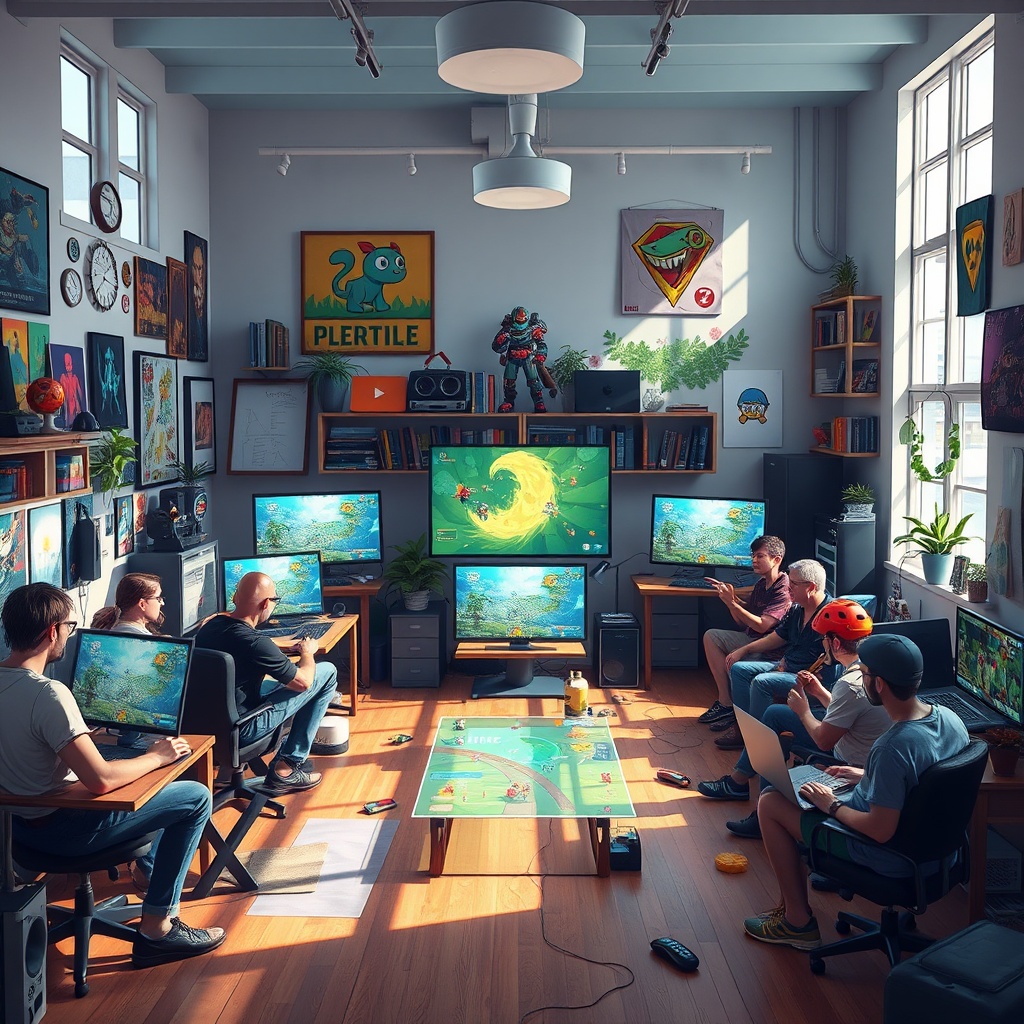The gaming industry has witnessed a seismic shift over the past decade, with indie game developers increasingly seeking alternative funding avenues. Traditional crowdfunding platforms, while effective, often come with limitations such as high fees and restrictive terms. Enter decentralized platforms, which leverage blockchain technology to empower creators, streamline funding processes, and foster community engagement.

These platforms not only democratize funding but also enhance transparency and trust between creators and backers. As we delve into the world of decentralized crowdfunding for indie games, we explore the unique advantages these platforms bring to the table.

As the decentralized crowdfunding landscape evolves, several platforms have emerged, each offering distinct benefits tailored for indie game developers. Understanding the nuances of these platforms can significantly impact a developer’s success in raising funds and bringing their vision to life.
Below is a comparative overview of some of the leading decentralized crowdfunding platforms for indie games:
- Kickstarter: Although not fully decentralized, it has implemented blockchain features for transparency.
- Indiegogo: Offers flexible funding options but lacks the full decentralized model.
- Fig: A platform focused on game development, allowing both crowdfunding and investment opportunities.
- GamerHash: Utilizes blockchain to reward gamers with cryptocurrency for supporting projects.
Each of these platforms has its strengths and weaknesses, making it essential for developers to select the one that aligns with their project goals and community engagement strategies.
The future of indie game development is closely tied to the evolution of decentralized platforms. By facilitating direct interactions between developers and their supporters, these platforms create a vibrant ecosystem where community feedback and collaboration thrive. This paradigm shift not only enhances the development process but also fosters a sense of ownership among players, making them more invested in the project’s success.
As we move forward, the integration of smart contracts and tokenomics will likely redefine funding models, allowing for more innovative ways to engage with backers. Developers can leverage these technologies to create unique incentives for supporters, further blurring the line between creators and consumers.
In conclusion, decentralized platforms are not just a trend; they represent a fundamental change in how indie games are funded and developed. Embracing this shift will enable creators to harness the full potential of community-driven support, ultimately leading to more diverse and innovative gaming experiences.





